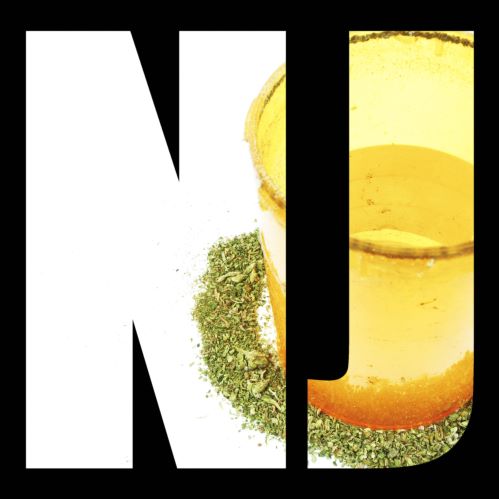What is CREAMMA? It is the New Jersey Cannabis Regulatory, Enforcement Assistance, and Marketplace Modernization Act. This New Jersey act addresses the legal use of marijuana and workplace issues such as drug testing and protections for employees who use marijuana outside the workplace. Employer drug testing for marijuana in New Jersey has become very complex since CREAMMA was approved on August 19, 2021.
Recreational marijuana became legal in New Jersey with the passage of CREAMMA. The act also addresses some workplace issues regarding drug testing for marijuana and legal protections for employees who use cannabis outside the workplace. To be clear, drug testing of applicants and employees for marijuana in New Jersey remains legal.
An employer should be very concerned with the adverse action to be taken based on a positive marijuana drug test. Based on the new regulation, employers should not take adverse action or refuse to hire based solely on a positive marijuana test. A positive marijuana test combined with evidence-based documentation of physical signs or other evidence of impairment during an employee’s prescribed work hours may be sufficient to support an adverse employment action. An employer should review, the 09/09/2022 Workplace Impairment Guidance (Guidance) issued by the New Jersey Cannabis Regulatory Commission (CRC).
Initially, CREAMMA stated that a physical evaluation to determine an employee’s state of impairment was required to take adverse action. CREAMMA states that the physical evaluation must be performed by a Workplace Impairment Recognition Expert (WIRE) certified by the CRC. Because the CRC has yet to propose rules for training and certifying WIREs, the Workplace Impairment Guidance was issued by CRC, allowing employers to establish evidence-based protocols for documenting observed behavior and physical signs of impairment to develop reasonable suspicion. This document is intended to serve as guidance until the NJ-CRC formulates and approves standards for WIRE certifications.
Based on the Workplace Impairment Guidance, employers should develop and implement programs and procedures to provide evidence-based protocols for determining potential impairment based on the recent use of marijuana. These procedures may include the following:
- Identifying and training interim supervisory team members to make reasonable suspicion determinations of potential impairment
- Completing a Reasonable Suspicion Observation Report (sample form provided by NJ-CRD)
- Maintaining a standard operating procedure (SOP) that identifies a process for completing the Reasonable Suspicion Observation Report
- Updating drug-free workplace policies to ensure consistency with the guidance
The employer also can use a cognitive impairment test: a scientifically valid, objective, consistently repeatable, standardized, automated test of an employee’s impairment or an ocular scan as physical signs or evidence to establish reasonable suspicion of cannabis use or impairment at work.
After establishing and documenting reasonable suspicion of potential impairment, drug testing should proceed. Indicators might include impaired judgment, slurred speech, or staggering; physical manifestations such as flushed skin or bloodshot eyes; or other evidence such as odor or diminished performance.
The process described above will help employers provide evidence-based documentation that an employee is potentially impaired on the job. This, along with the positive drug test, allows an employer to take adverse actions against an employee, including termination of employment.
Drug testing is legal in New Jersey, including testing for marijuana. The matter becomes complex when taking adverse action against an employee without evidence-based documentation of potential impairment from the use of marijuana. The New Jersey regulations regarding marijuana in the workplace remain a work in progress. National Drug Screening provides reasonable suspicion training, including how to recognize marijuana impairment. Call Joe Reilly for more information at 321-622-2020, or view our webinar training schedule.
Webinar – Supervisor Training – Reasonable Suspicion & Marijuana Impairment
It important to note that none of the above affects United Stated Department of Transportation (DOT) require drug testing. For DOT marijuana is prohibited and a positive test is a violation.







